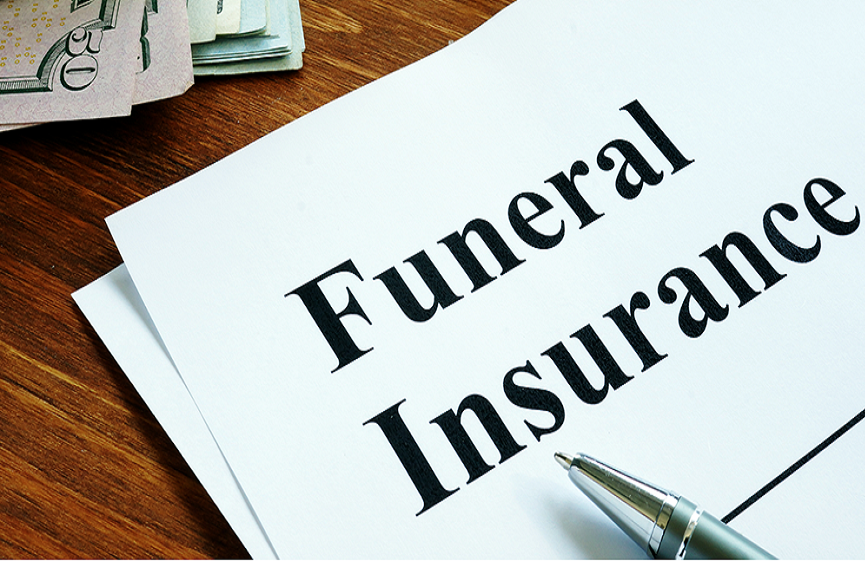
Funeral insurance: some legal concepts
Funeral insurance contracts are there to facilitate the financing and organization of funerals. They allow the insured to protect their loved ones on the day of their death. Many are unaware, however, that these contracts belong indirectly to life insurance contracts . Explanations.
A contract governed by the life insurance code
As in the context of life insurance, the insurer must invest the funds to make them work. But in this case, the insured does not place to make interest, but simply to finance his funeral. Investments are therefore generally low-risk and the guaranteed minimum is included in the contract.
On the other hand, just as for life insurance, the insurer cannot be held responsible for an imponderable such as the collapse of the euro zone which would cause the insured to lose everything.
What performance guarantee?
The funeral insurance contract is not subject to a performance guarantee. Thus, if the insured has chosen a certain model of coffin but, 15 years later, the price of the coffin has increased more than what was expected by the insurance, the family of the deceased will have to either pay the difference or choose another model.
The family can also oppose certain wishes listed in the contract, if they are not essential wishes. But in this case and to avoid that this kind of situation is dictated by a purely venal will, the sum provided for the realization of these acts cannot be recovered by the family and it is then the insurer who benefits from it.
Note: it is only in the event that the overall expenses are lower than the capital subscribed that this gives rise to a reimbursement to the family and not benefit by benefit.
The taxation of the funeral insurance contract
As we have already pointed out, the funeral insurance contract is assimilated to a life insurance contract. It therefore offers a very attractive tax system:
Contributions paid before the subscriber turns 70 are exempt from inheritance tax up to €152,500 then subject to a rate of 20 to 31.25%. Contributions paid after the subscriber turns 70 are exempt up to €30,500 and then subject to the usual inheritance tax.




